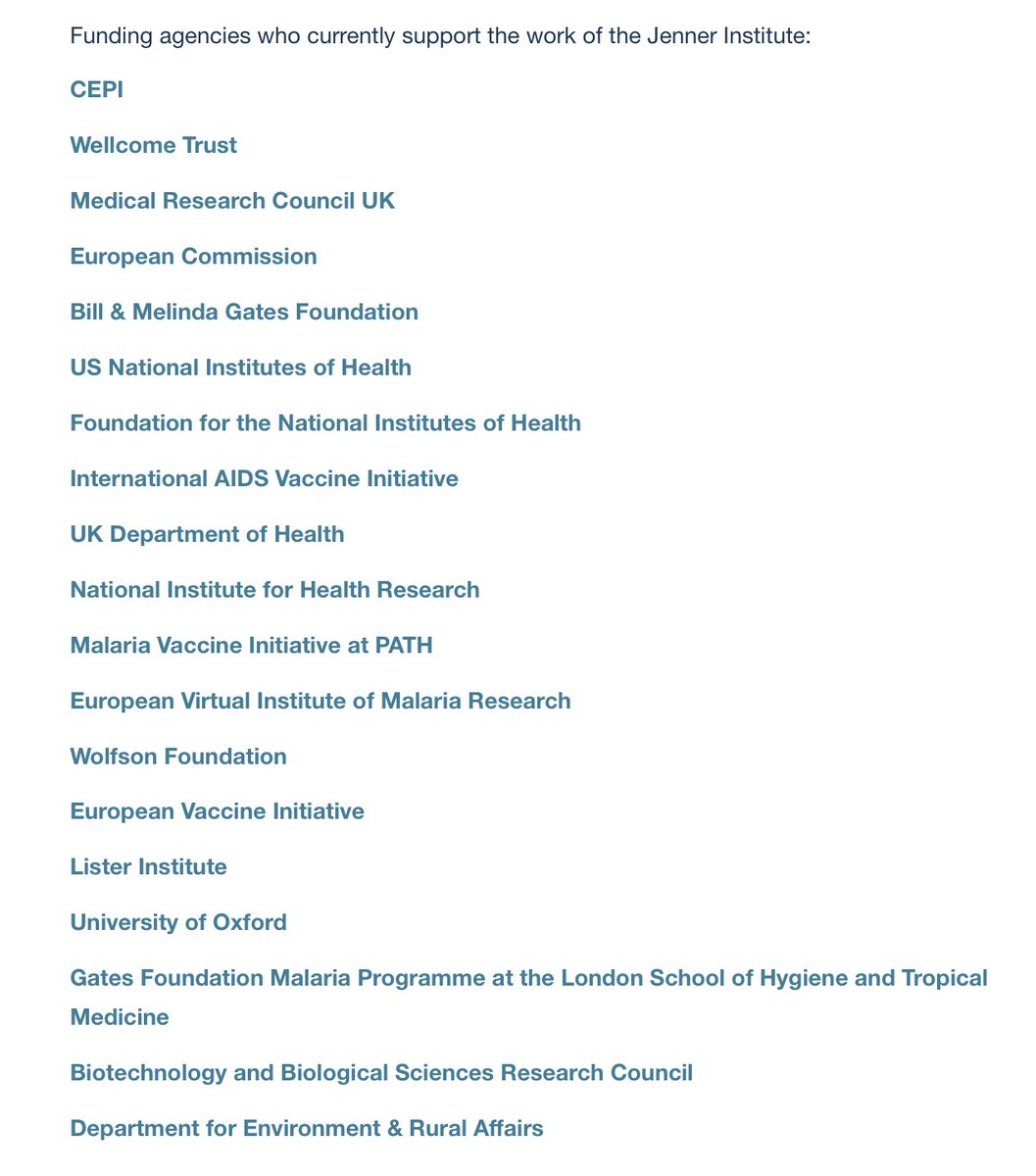
A Brexit and regulator thread - but it’ll take a bit. Stay with me (thread)
Consider regulators in the EU and the US for starters. You can do this with food or with drugs. /2
Rarely have I met an EU citizen who travels in the US and worries about food safety there or the other way around. And the same applies to drugs. /3
And yet, the two sides find it hard to agree to one regulatory model. In fact, they disagree viciously. And very emotionally. With each side naturally believing their model is better. /4
This oversimplifies a bit, of course, but generally I would claim that intuitively that seems to be how people feel. /5
There has not been a lot of experience with what happens if your regulator suddenly is no longer "yours". Brexit is such a case. /6
The experience of the last weeks is quite interesting when you compare reactions to decisions of EMA (EU), PEI & StiKo (GER), NACI (Canada), FDA (USA) and MHRA (UK). And take into account that most of these were widely unknown before. /7
To some extent it illustrates how difficult it is to simplify trade when regulators are involved - even if in the abstract we think a country is well-regulated, concretely we can get quite involved in favoring the decisions of "our" regulator. /8
• • •
Missing some Tweet in this thread? You can try to
force a refresh



